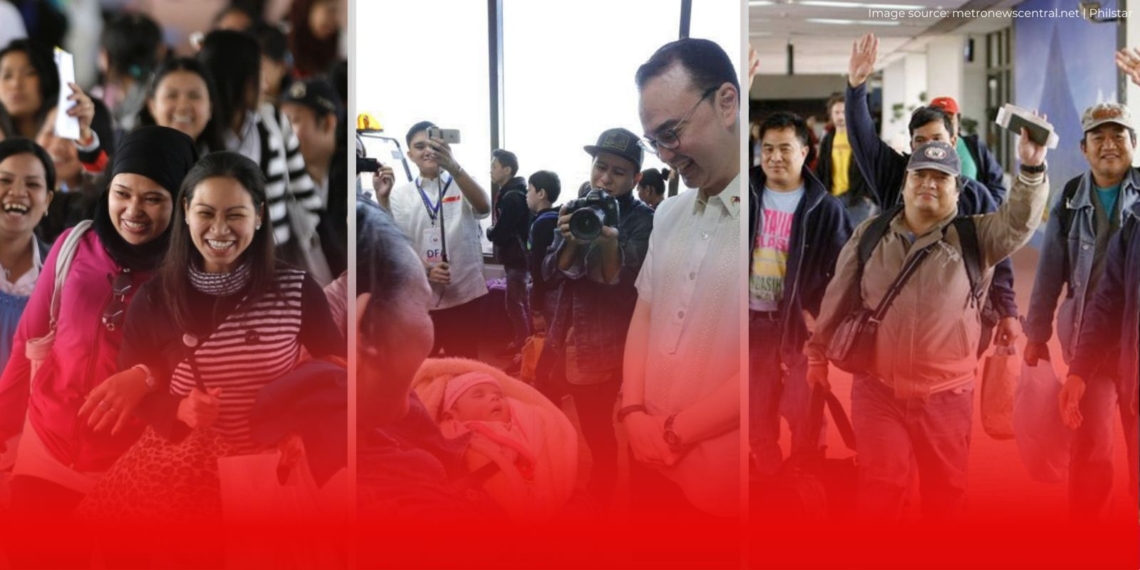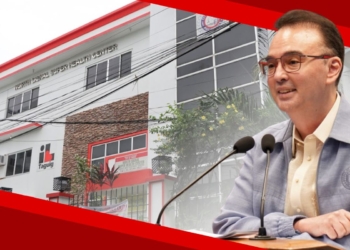December is here, and with it comes the Month of Overseas Filipinos — a time to honor the sacrifices of millions of Filipinos working abroad.
Every Filipino working abroad has a story of resilience, courage, and hope. While some may have truly found better opportunities and a brighter future, others are in survival mode, facing hardships every day. Regardless of where they fall on this spectrum, the growing number of overseas Filipinos — which reached 2.16 million last year — highlights the immense responsibility on the shoulders of our foreign affairs officials.
Foreign affairs work requires navigating complex protocols and shouldering the emotional weight of life-and-death decisions. For it to be effective, officials must be more than just skilled – they must have the courage and compassion to push boundaries and stand up for the safety and dignity of every Filipino, especially when lives hang in the balance.
One story that stands out is what happened in Kuwait back in 2018. Hundreds of OFWs, trapped in abusive situations, sent desperate letters to our embassy begging for help. Imagine how terrifying it must have been for them, feeling stuck and powerless. Thankfully, our officials acted swiftly and boldly, conducting rescue operations that pulled distressed workers out of their employers’ homes — even without Kuwaiti authorities’ involvement.
Not surprisingly, these operations sparked outrage in Kuwait. Videos of the rescues circulated online, and the Kuwaiti government took offense. But our government didn’t back down. Then-President Rodrigo Duterte imposed a deployment ban to Kuwait, making it clear that the safety of Filipino workers was non-negotiable.
This firm stance led to something historic: a Bilateral Labor Agreement between the Philippines and Kuwait, signed by then-Foreign Affairs Secretary Alan Peter Cayetano, ensuring better treatment and protection for Filipino workers.
But that wasn’t all. Cayetano and his team were also fighting a larger battle — one against the oppressive Kafala system in the Middle East. For years, this system kept migrant workers at the mercy of their employers, controlling everything from their passports to their freedom to return home. In an unprecedented move, the Philippines, led by the Department of Foreign Affairs, became the first to virtually challenge the Kafala system. The country emerged as a loud and persistent voice in the global campaign to dismantle this modern form of slavery, even enlisting the support of Bahrain.
“This is a fight we want. This is a fight we must win,” Cayetano told his team, as recalled by then-Public Diplomacy Assistant Elmer Cato.
And win they did. Three years later, the initial charge led by Cayetano and continued by his successor, Teodoro Locsin Jr., resulted in Saudi Arabia implementing significant reforms to the Kafala system. Migrant workers, including Filipino domestic workers, can now keep their passports, change employers when their contracts end, and return home whenever they wish.
These victories show us what real leadership in foreign affairs looks like: having the heart to empathize with our kababayans’ struggles and the courage to challenge conventions when life and dignity is at stake.
As we celebrate the Month of Overseas Filipinos, let’s not just admire their resilience from afar. Let’s see their victories as a reflection of what’s possible when our officials lead with compassion and courage. Let’s honor their sacrifices not just with words, but with actions that ensure their struggles are met with solutions, and their hopes are met with a government that stands firmly behind them.






